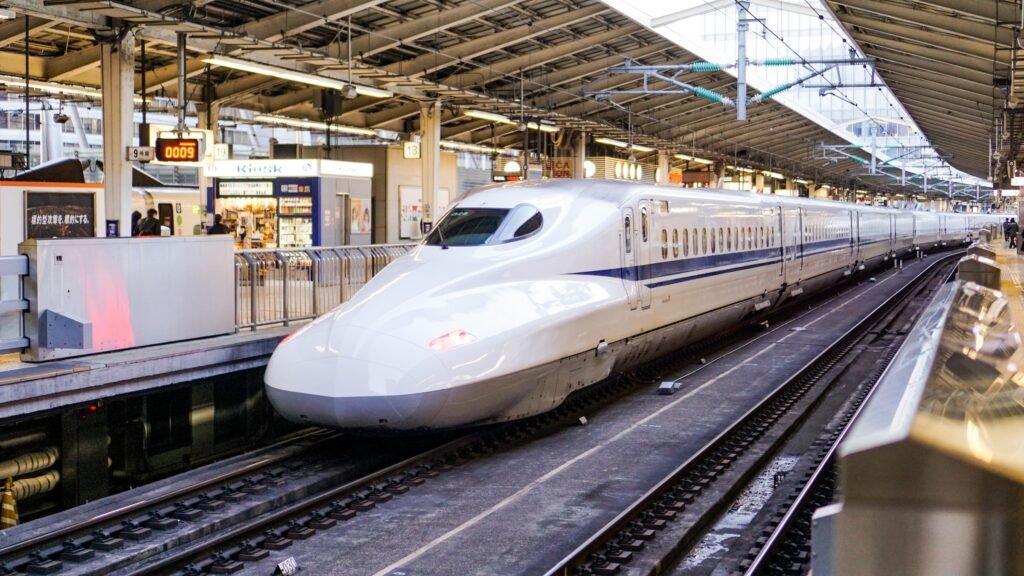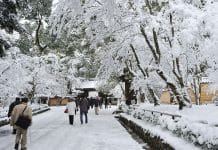Each week, here at Osaka.com, we bring you a selection of some of the top stories about Osaka making the local and national news here in Japan. Sometimes it’s serious, sometimes it’s funny, but it’s always direct to you, from Osaka.
Here’s a look at some of the stories hitting the headlines in Osaka this week.
Table of Contents
Journalist Terminated for Fake Comments in Story

A Fake news scandal has rocked one of Osaka’s most commonly read newspapers. An Osaka-based journalist at one of Japan’s most prestigious national newspapers is, this week, looking for a new job. The 48 year old reporter served as a section chief of the news department at the Osaka office of the Yomiuri Shimbun. The journalist was ordered to resign after a story about the ongoing Beni-Kouji supplement scandal contained fake quotes from a source.
The story centers on an interview with a company president based in Okayama Prefecture, about 2 hours south of Osaka. When the report came to print, the company president was quoted as saying “We have received no clear information from Kobayashi Pharmaceuticals (the makers of the deadly Beni-Kouji supplement). We want the company to provide a clear explanation as soon as possible.”
In truth, the Okayama company president said no such thing.
Newspaper Ran Story Despite Knowing Comment was Fake

Journalism is no different from any other industry. Mistakes are made, but the acid test for publishers is how they handle such mistakes. It seems there were various failings at The Yomiuri over this particular instance of fake news.
The section chief responsible for checking the story, which was gathered by another journalist, decided to add the quotes in order to spice up the story. They said that the president’s actual response was “a different tone from what we expected”. In journalism, one should always create the headline to fit the story, not the other way around.
The journalist who penned the initial story was also removed from their current position, though they will not lose their job. They also face a one month suspension.
Fake news, a term initially coined by former US President Donald Trump, refers to the fabrication of quotes, statistics or other vital information to change the tone and intent of a story. Fake news has been a growing problem in media circles for many years. However, it remains relatively rare in Japan.
Shinkansen to Offer Private Rooms from Next Year

Japan’s current currency woes, and a natural rebound in tourism numbers since the end of pandemic restrictions, has led to growing calls for more travel options. One particular area of growth has been the luxury travel sector. Well, it now looks like the operators of the Tokyo, Osaka, Hakata Shinkansen are getting in on the action.
Under plans announced this week, from next year, the Sanyo Shinkansen will offer private rooms for a premium price.
Likened to the first class cabins offered by many commercial airlines, this new service will allow either one or two passengers a private space. This comes with the ability to adjust lighting, temperature and audio based on their own preferences. The operator is also looking at offering dedicated wi-fi for these executive level travellers too.
If the plans come through, each shinkansen train will have one or two private rooms available. Pricing has yet to be announced.
Private rooms on the shinkansen aren’t a new concept. Previously incarnations of the train also had the option of private rooms. However, these were phased out in 2003 when train cars underwent a series of updates.
Japan Railways, the operators of the Shinkansen, said they will provide further updates on the rollout of the new service at a later date.
And Finally…

Osaka police reiterated their previous words of caution to electric scooter riders in the city this week. Since deregulation of the vehicles took effect 9 months ago, police have reported a six-fold increase in accidents involving electric scooters. Under new laws, formalized last summer, riders of electric scooters that run at a speed below 20 kilometers per hour no longer need a license. This has led to an explosion in their popularity, particularly in urban areas.
Lack of awareness around the road rules for these vehicles also appears to be an issue, particularly for younger drivers.
A young woman in Osaka was fined earlier this year after speeding on the sidewalk whilst riding her electric scooter. She claimed in legal filings that she was unaware of speed restrictions on electric scooters. However, ignorance of the law is no excuse and the fine remained.
That’s all for now but be sure to check back again same time next week for another round of this week in Osaka!
























